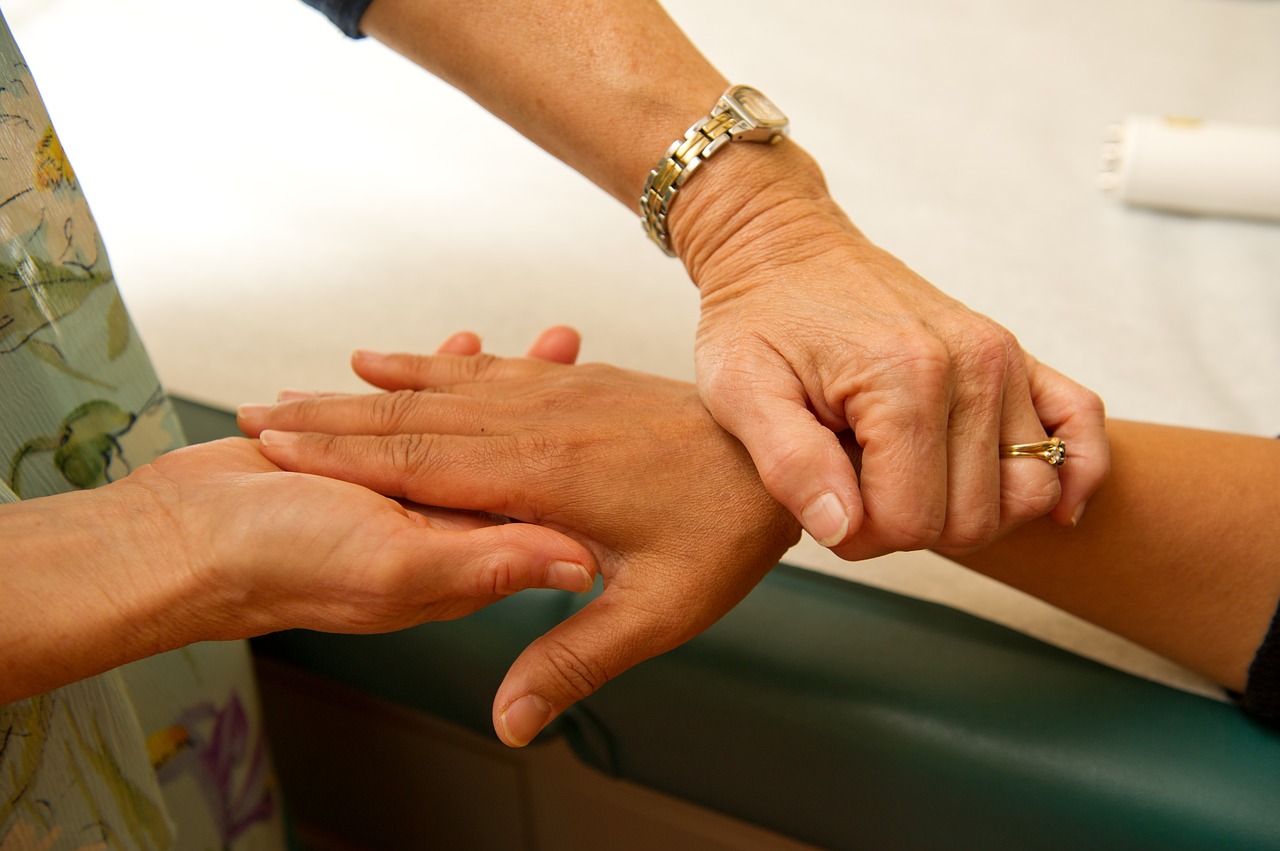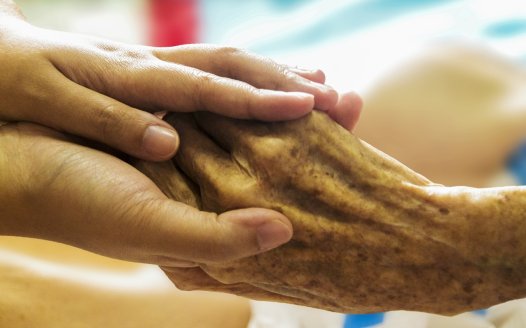Poll: 84% of Brits would support legalisation of assisted dying
Posted: Wed, 3rd Apr 2019
Five out of six people in Britain are prepared to support the legalisation of assisted dying for terminally ill, mentally competent adults, a poll has found, despite religious institutions' opposition.
A survey of more than 5,000 people from England, Wales and Scotland, conducted by Populus, has found that 84% of people would support legal reform if appropriate safeguards were in place.
The figure has risen from 82% since the most recent equivalent poll in 2015 and defies consistent opposition to reform from religious institutions.
Last month the Church of England reaffirmed its opposition to change after the Royal College of Physicians dropped its opposition to reform and adopted a neutral stance.
The bishop of Carlisle James Newcome said: "The Church of England's position remains to affirm the intrinsic value of every human life, and express its support for the current law on assisted suicide."
Newcome has sat in the House of Lords as one of the 26 Anglican bishops entitled to do so since 2013. The National Secular Society campaigns to end religious representatives' automatic right to sit in the Lords.
The Catholic Church opposes assisted dying and has bankrolled campaigns against it internationally. The Muslim Council of Britain has opposed efforts at legalisation. The Board of Deputies of British Jews aims to ensure "mainstream medical practice is not in conflict with Jewish ethics" on assisted dying.
A broad coalition of faith leaders opposed a bill proposing the legalisation of assisted dying in 2014. A similar bill was overwhelmingly rejected by MPs the following year.
A recent investigation by openDemocracy has also revealed that a US-based Christian right group, the Alliance Defending Freedom, is supporting anti-assisted dying campaigns as it dramatically increases its spending in the UK.
The NSS argues that religious groups' views should not obstruct the legalisation of assisted dying.
In response to the latest poll an NSS spokesperson said: "This poll shows that a significant proportion of British people are prepared to support assisted dying, provided appropriate safeguards are in place. It is vital that dogmatic religious institutions are not given an excessively prominent place in this debate and allowed to frustrate this popular reform.
"Reasonable concerns over assisted dying should be heard and addressed. But religious institutions must not be allowed to undermine the individual autonomy of those who do not share their particular theological interpretation on this issue."
Many ordinary people from most faith groups appear out of step with faith leaders. This was particularly true of Christians, 82% of whom would be prepared to support reform.
The poll also found that 52% of people would feel more positively towards their MP if they supported assisted dying, compared to six per cent who would feel more negatively.
The poll found that support was consistently strong across demographics including gender, age, social grade and region, with particularly strong support among those who said they had a disability.
Eighty-seven per cent of people in Scotland backed the change. Over the weekend nine MSPs from across the political divide called for the legalisation of assisted dying in Scotland.
Sarah Wootton, the chief executive of campaign group Dignity in Dying, said: "Voters for every political party, in every region of Britain and across all age groups want to bring our laws into line with other countries like Canada, the USA and Australia."
The news comes as the governor of the US state of New Jersey prepares to sign a bill legalising assisted suicide which passed its legislature last week.
Religious dogma shouldn't interfere with your healthcare
We campaign to protect patients from the harm caused by the imposition on them of other people's religious values, and advocate for a secular approach to current healthcare issues. Please consider a donation, from as little as £1 a month, to help support our work in this area.
P.S. make sure to check out the related campaigns below.








